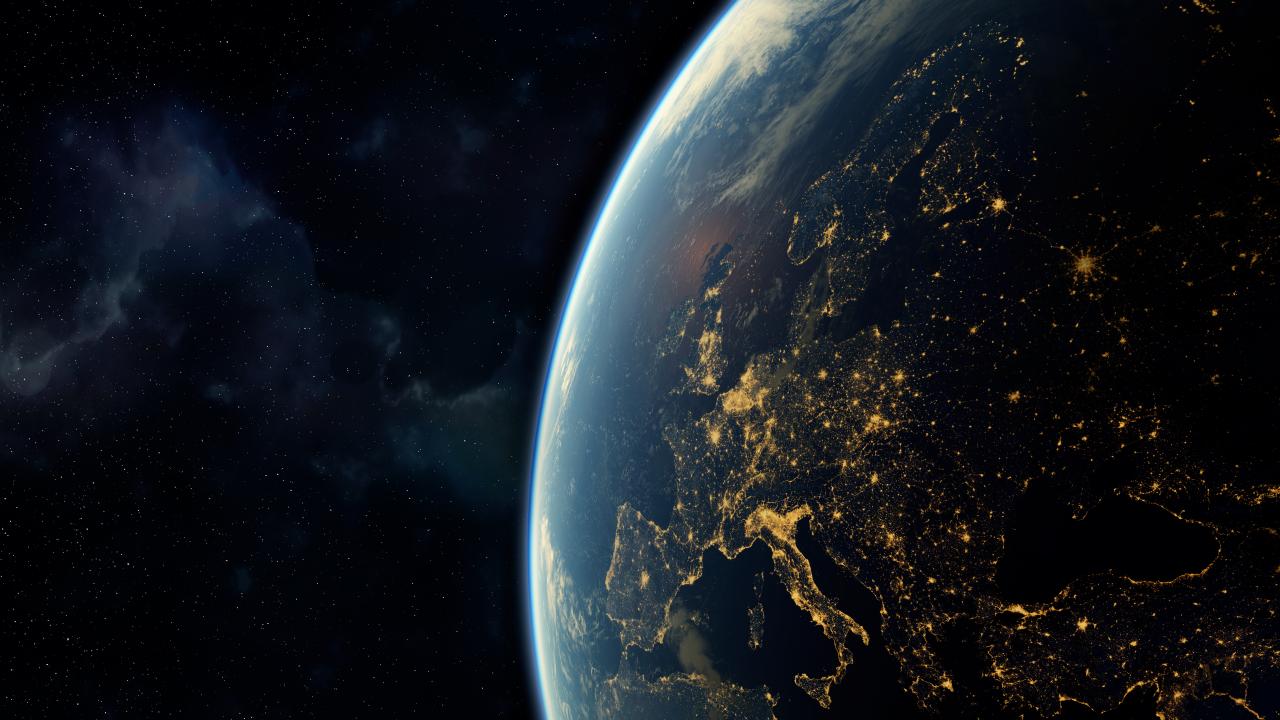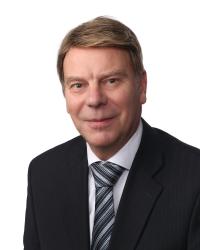Hanken School of Economics helps to boost Finland's aerospace economy

Space technology in Finland is not about space rockets, but rather, cube sats - i.e. small satellites that can be joined together and orbit the Earth.
“These satellites can, for instance, measure wind, humidity, emissions or forestry infestation by insect pests,” says Peter Björk, professor of marketing at Hanken School of Economics.
Together with a number of universities and research institutes from Norway, Sweden and Finland, Hanken is participating in the project Boosting Space Business - the Aurora Region Space Economy Ecosystem (AuroraSpace). The project is led by the University of Vaasa.
The aim of the project is to promote Finnish space technology know-how and create growth opportunities through start-ups.
“We need to be able to market the technology that is being developed, so this is where Hanken comes in, sharing our expertise in strategy, innovation and business models. When it comes to space technology, investments and venture capital are also crucial.”
Björk calls for a closer cooperation between different companies, such as manufacturers of components for the satellites, the companies who assemble them, and those who conduct the tests.
“We need meeting places for companies that are involved in the space industry in one way or another. There is a lack of a clear structure at the moment.”
Another important aim of the project is to identify what companies could benefit from the data collected by the satellites.
“It’s important that we communicate what can be done with satellite data, so that companies understand how they can use the data in their business and in their R&D, to become more competitive.”
Björk mentions the forestry industry as an example of an industry where satellite data could be used more extensively. In addition to finding out about e.g. infestations by bark beetles faster, and thus minimizing the damage, the data could also be used to identify the optimal route for logging in a larger section of forestry, for instance.
Björk says that ports can also receive valuable logistics data via satellites.
“With the help of satellite data, you can optimize traffic flow at ports so that ships that need to unload cargo do not have to wait offshore, but can adjust their speed and arrive once there is space at the port. This can also have a positive effect on the environment.”
The AuroraSpace project, which started in October 2023 for a duration of three years, is a continuation of the Kvarken Space Center aerospace project.
Text: Jessica Gustafsson


